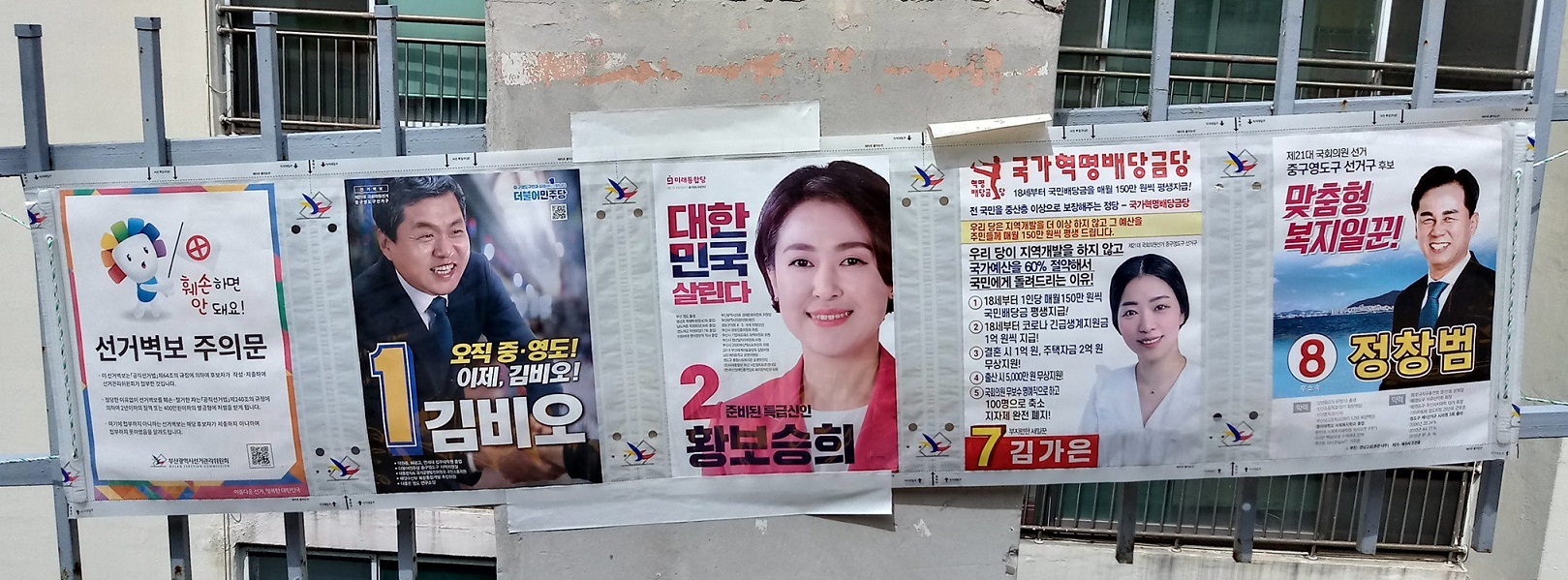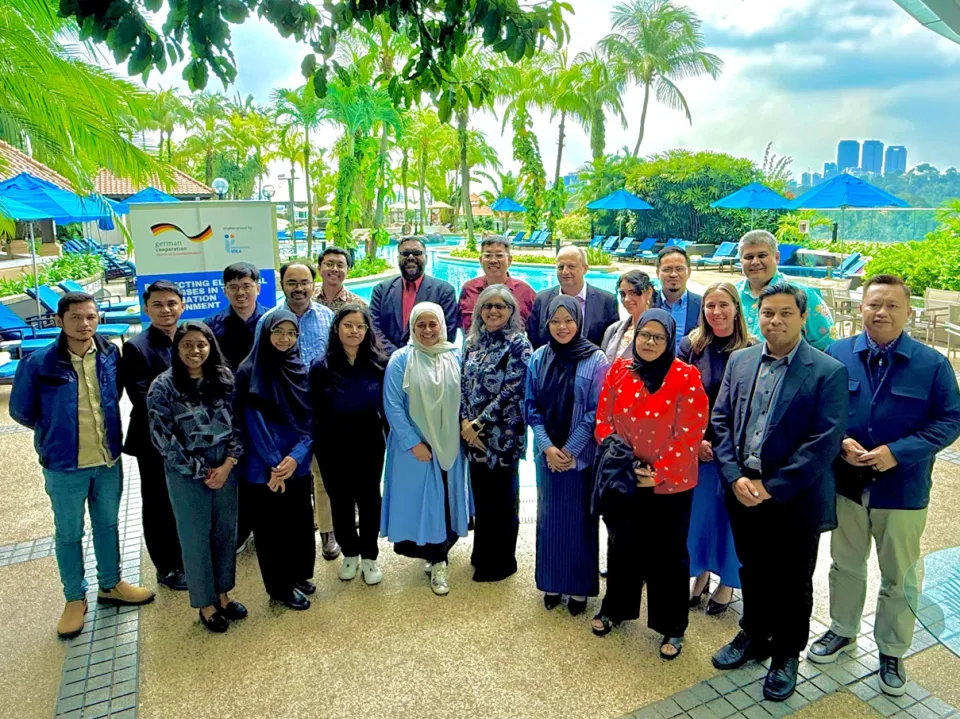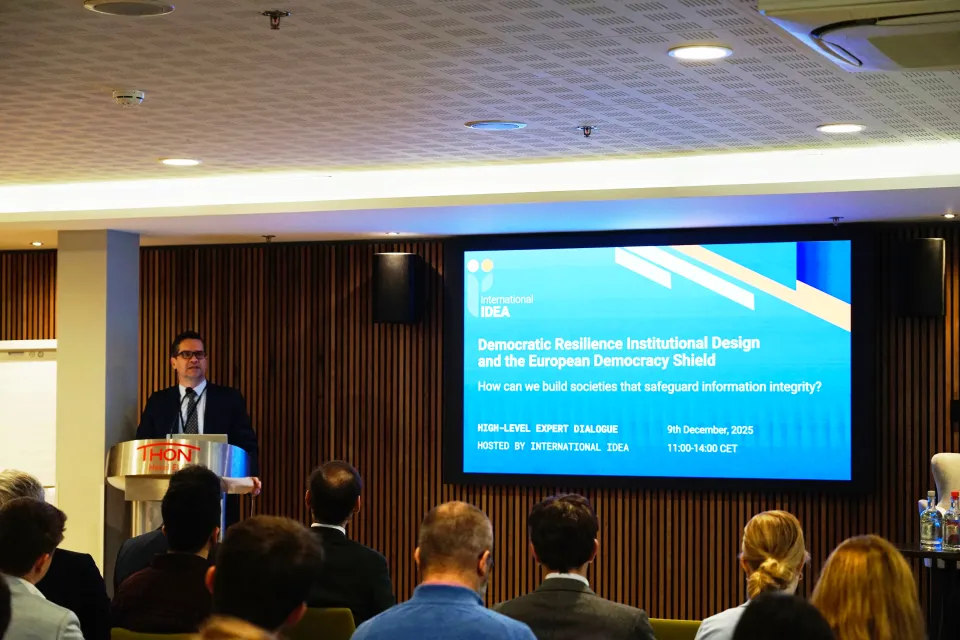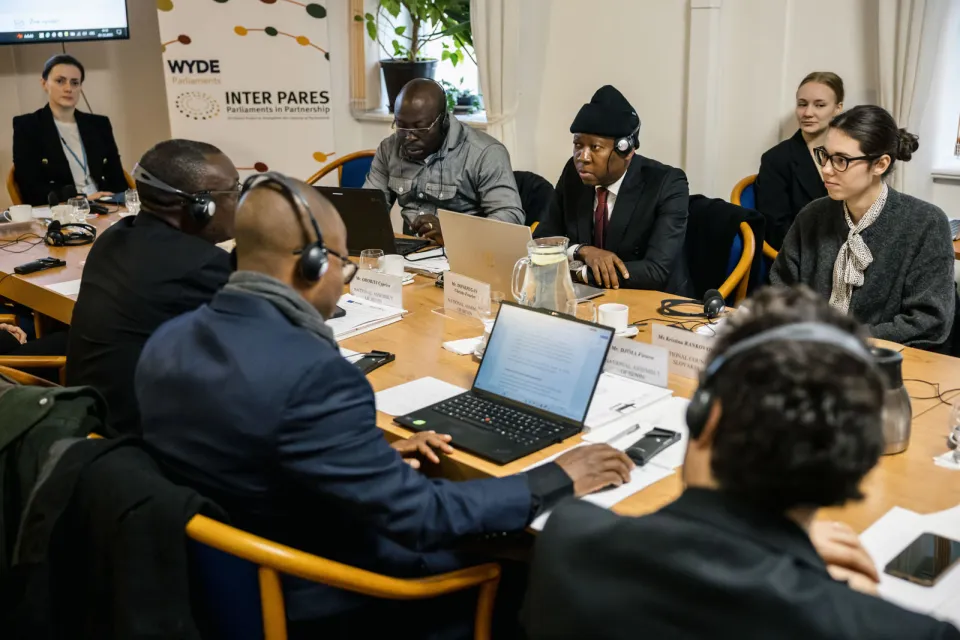Lessons from elections in the time of pandemic – Republic of Korea
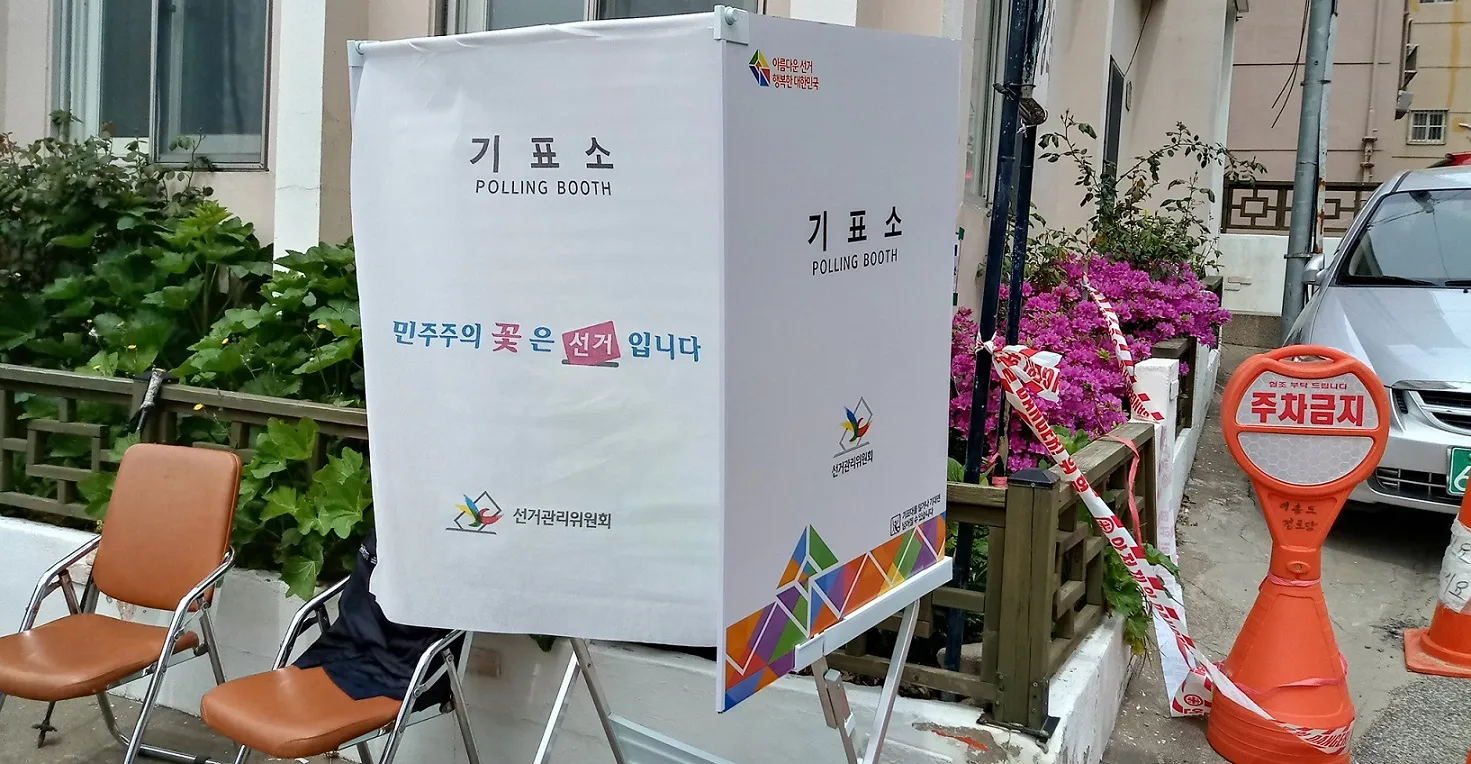
By holding National Assembly elections, the Republic of Korea is bucking a global trend. Data collected by International IDEA in its Global Overview of COVID-19: Impact on Elections shows most countries have opted for the deferral of their elections, worried that voting could exacerbate the COVID-19 pandemic.
Este artículo está disponible en español.
These elections were closely watched—not just over the issue of how the government’s early handling of the pandemic was managed—but from a more global perspective. Many lessons may be drawn from its successes and failures in mitigating the impact of the pandemic on the election. They will help to obtain answers to several questions such as what measures were adopted to ensure a safe voting environment? To which extent did they provide the electorate with enough reassurance and confidence to vote? Has the pandemic impacted on the ability of political parties to campaign and reach their audiences? Was the disruption created by the pandemic of such levels to undermine the credibility and legitimacy of the election? And has the decision of the Republic of Korea of going ahead with election exposed voters and polling station officials to increased health risks?
Election campaigning was muted due to social distancing needs, with campaign rallies cancelled. But parties reached out through social media and phone apps as well as traditional postal materials. To ensure election safety, the National Election Commission (NEC) encouraged early voting, extending voting by mail and reducing the risk of the in-person voting, with measures such as the wearing of masks. To ensure social distancing did not impact elections transparency by undermining media presence, for example, the NEC ensured many polling activities were livestreamed.
As the polling stations closed, two preliminary successes for the 2020 National Assembly elections are evident. The seamless management of these elections by the NEC and the level of voter participation despite the serious risks of virus exposure showed theat measures put in place by the NEC have mostly worked well.
One of the key signs of success was voter turnout, which was 66 per cent despite this unprecedented situation. Early voting also saw a recorded turnout of 26.7 per cent, with approximately 12 million voters opting to cast their ballots this way.
With the polls just closed, it is premature to determine what extent the decision of going ahead with elections exposed voters and NEC polling station officials to risks of contagion. What it is certain is that the stringent health safeguards and precautions adopted and rigorously put in place by the NEC have reassured voters. The extension of home voting provisions to patients being treated for COVID-19 was also an important measure to symbolically guarantee the enfranchisement of a vulnerable segment of the society. It is also noteworthy to highlight that the decision to enfranchise 18-year old voters, through recent electoral reform, which allowed them to vote for the first time, is likely to have contributed to increase turnout.
There have also been problems though. Election campaigning was limited, although these limitations affected all political parties. Another issue was the cancelation of out-of-country voting operations in several countries, meaning some half of 172,000 citizens abroad were unable to vote.
Still, it appears that the legitimacy of the 21st National Assembly elections in the Republic of Korea has emerged largely unscathed from these exceptional circumstances.
What are the lessons for other countries that face elections in the months ahead? One is that the conditions seen in the Republic of Korea will be difficult to replicate. An obvious requirement would be that the level of pandemic outbreak must be somehow contained. Unless voting is conducted entirely through remote voting methods, it would be unconceivable to run an election while the country is in lockdown. The 2020 elections were held as scheduled, not only because its government was confident of its capabilities to bring the outbreak under control, but also because it was accomplished. The second condition is about having a solid electoral framework in place. All the exceptional measures could not have been pulled off so timely and seamlessly, hadn’t numerous legal and procedural provisions to facilitate inclusion and participation of voters been already part of the electoral framework of the Republic of Korea. Absentee and advance voting procedures could be suitably and swiftly extended to address some of the extraordinary challenges that the pandemic posed. Another condition is having enough means and resources, something that may be out of reach for many other nations lacking the required financial and human resources, technology, know-how, communications means and supplies. A last condition is having conducive political environment, where competing political actors accept limitations imposed on their campaigns. While there is obviously much to be learned, the Republic of Korea’s exceptional experience in running a credible, fair and safe election under a pandemic may not be replicable in its entirely.
Read our Technical Paper on these elections of the Republic of korea: Managing Elections under the COVID-19 Pandemic: The Republic of Korea’s Crucial Test. Available in English and Bahasa Indonesia.
